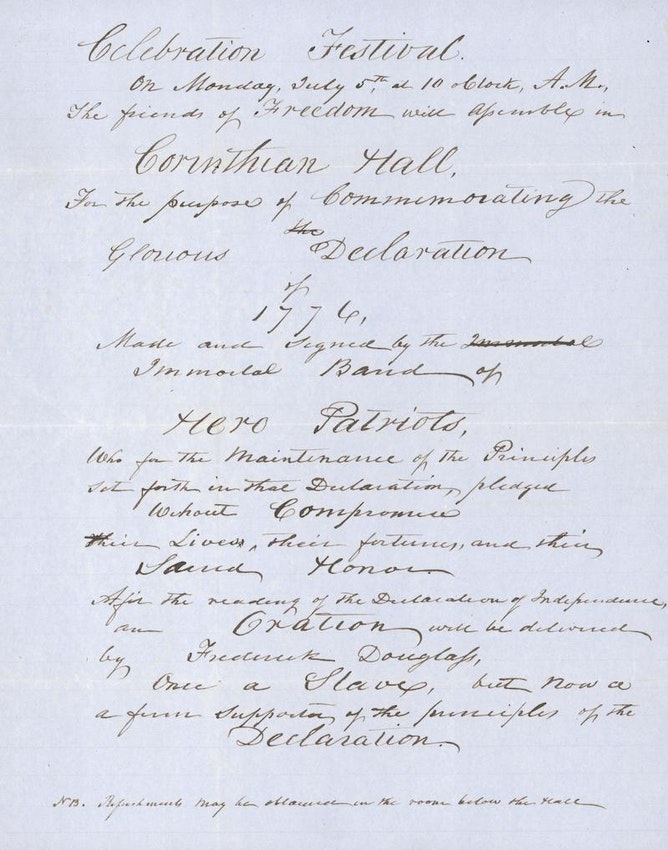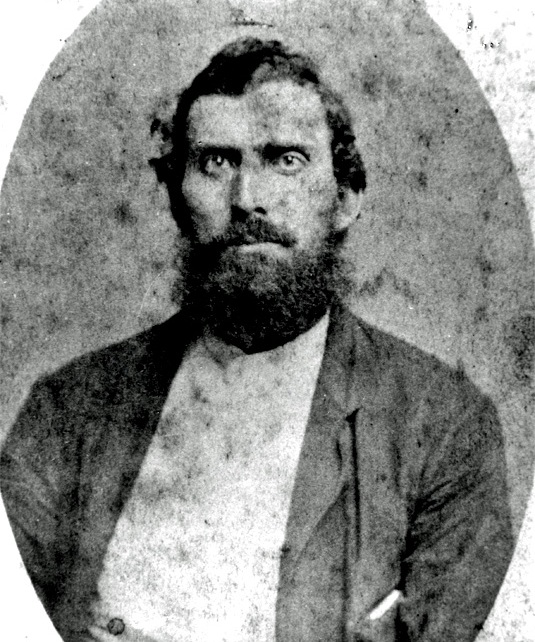
#OTD in 1863 Andrew Johnson freed the enslaved people at his home in Greenville, Tennessee. Johnson was the state's Military Governor at the time. All enslaved people were emancipated in Tennessee on October 24, 1864. A 🧵 about Jonson's complicated legacy regarding slavery. 

Johnson was born into a poor family in Raleigh, North Carolina and grew up resenting the enslaving elite. His resentment did not keep him from enslaving others as an adult when he gained the financial ability to do so. In fact, Johnson very much supported slavery. 

According to @flingsarahe, Johnson enslaved at least 5 individuals according to the 1860 slave schedule. Evidence suggests that Johnson was the father of two enslaved people named Liz and Florence. Their mother, Dolly, was listed as "black" while her children were "mulatto." 

Records also indicate that Johnson's son, Robert, was the father of William, another person enslaved by Johnson. Such instances of sexual violence was common among enslavers and many fathered children with enslaved women.
Despite his status as an enslaver, Johnson remained a staunch Unionist when the Civil War broke out. Eastern, Tennessee, where Johnson lived, voted to remain in the United States. Johnson chose to remain in the US Senate during the war.
Tennessee was recaptured but the United States in early 1862 and Jonson was appointed by President Lincoln to become the state's Military Governor for his loyalty. However, after the Emancipation Proclamation was issued in early 1863, Johnson remained an enslaver.
The Emancipation Proclamation only freed enslaved people in states of rebellion, which did not include Tennessee by early 1863. Thus, Johnson was not legally obligated to emancipate anyone. He only did so once his views on slavery began to change during the war.
Not morally opposed to slavery, Johnson embraced its destruction because it would deal a great military blow to the Confederacy and because it was politically expedient to take such a stance as a southern politician loyal to the United States. 

Johnson decisions as President to constantly block Reconstruction efforts to extend civil rights to newly freedpeople adds further context to his racial attitudes and his reluctance to emancipate the enslaved people at his home in Greenville, Tennessee. 

Regardless of the reasons for his actions, the anniversary of Johnson's decision to emancipate those he enslaved became an unofficial holiday for Black people in eastern Tennessee during Reconstruction. August 8th was celebrated as Emancipation Day throughout the region. 

Sam Johnson, a man formerly enslaved by Andrew Johnson, coordinated the first August 8 emancipation celebration in 1871. It was complete with a parade through town and Andrew Johnson himself addressed the crowd. 

Sam Johnson lived in Andrew Johnson's old tailor shop after the war and became a commissioner for the Freedman's Bureau. He was instrumental in purchasing land to build a freedman's school in Greenville. Sam and his wife Margarette had 9 children together. 

Although many Black people today celebrate emancipation of Juneteenth, the state of Tennessee declared August 8 as its official Emancipation Day in 2007.
For more on Johnson and slavery read @flingsarahe's article for @WhiteHouseHstry here:
The Formerly Enslaved Households of President Andrew Johnson whitehousehistory.org/the-formerly-e…
#TheCivilWarDoc #Slavery #emancipation #AndrewJohnson #Tennessee #EmancipationDay #OnThisDay #History
The Formerly Enslaved Households of President Andrew Johnson whitehousehistory.org/the-formerly-e…
#TheCivilWarDoc #Slavery #emancipation #AndrewJohnson #Tennessee #EmancipationDay #OnThisDay #History
• • •
Missing some Tweet in this thread? You can try to
force a refresh










